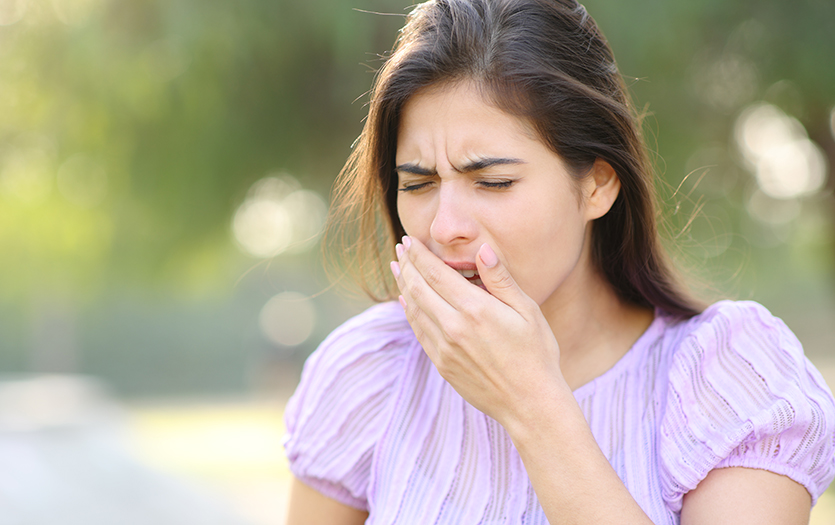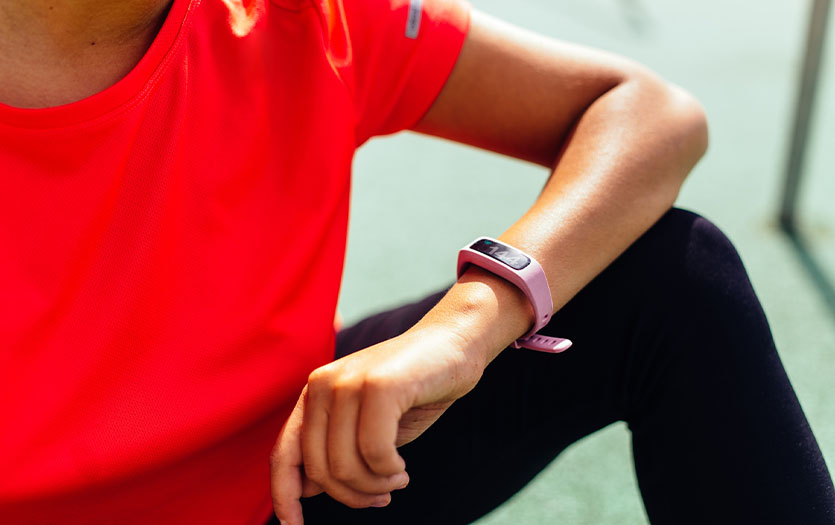
This post was written by Lindsey Ribel, NP, and Sara Herstad, DO, Parkview Walk-In Clinic.
Summer is a time for fun in the sun, but few things can dampen your plans like an unexpected cold. Often mistaken for seasonal allergies, this untimely illness can leave you feeling just as miserable as its winter counterparts. In this post, we'll explore what summer colds are as well as tips on how to prevent and treat them.
What is a summer cold?
A "summer cold" refers to experiencing symptoms caused by a virus during the warm weather months. Hundreds of viruses can cause cold-like symptoms throughout the year, so it can be challenging to determine which is responsible at a given time. However, the Centers for Disease Control and Prevention (CDC) advises that while rhinoviruses account for most types of common colds, enteroviruses are more prevalent in the summer and fall.
Respiratory viruses such as these spread easily from person to person, typically through respiratory droplets released when an infected individual talks, coughs, sneezes and breathes. Typical indications accompanying the common cold include upper respiratory symptoms like:
-
Cough
-
Sore throat
-
Runny nose
These symptoms can also cause stomach upset, nausea, vomiting and diarrhea.
Prevention
The most effective way to prevent a cold at any time of the year is to frequently wash hands with warm water and soap and avoid contact with sick individuals to decrease the spread of viruses. Over-the-counter supplements like zinc, elderberry, vitamin C and vitamin D also help support the immune system and prevent illness during this time.
Treatment
Because summer colds can often mimic other viruses like the flu or COVID, it is important to be on the lookout for signs or symptoms like shortness of breath or an overall worsening condition.
Some viruses, like influenza are more specific to winter, but regardless of the season, getting tested for the flu or COVID may be essential to confirm and consult a medical professional for treatment. Depending on the virus, treatment for a common cold often involves over-the-counter decongestants, nasal sprays, cough preparations, honey and humidifiers.
Bear in mind, common colds should not remain past seven to ten days of illness. If you find your symptoms persisting beyond this timeline, it's crucial to monitor them and follow up with a medical professional.
Summer cold? Start a video visit now.
With Parkview MyChart's Virtual Walk-In Clinic, you can talk to a provider 24/7 from your smartphone, tablet or computer. Your provider will have access to your complete medical record and medication history so you can receive the same level of care as an in-person visit.
Virtual Walk-In Clinic video visits are available anywhere in the U.S. and open to anyone with a Parkview MyChart account, even if you don't currently have a Parkview provider.
To get started, log in to your MyChart account and select Virtual Walk-In Clinic from the menu. For the best visit experience, use the free MyChart mobile app, downloadable for Android or Apple products.



